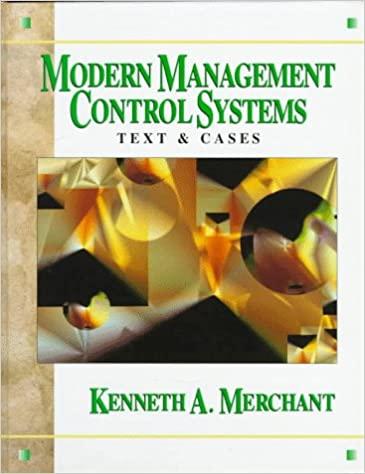Answered step by step
Verified Expert Solution
Question
1 Approved Answer
Jester Company began operations on January 1, 2018. The company had the following transactions in its first year of business: January 4: Owners invested $120,000
Jester Company began operations on January 1, 2018. The company had the following transactions in its first year of business:
- January 4: Owners invested $120,000 (the par value of the stock) in exchange for 20,000 shares of common stock.
- February 2: Jester took out a 10-year note payable in the amount of $80,000 to pay for operating expenses.
- Interest payments are due every six months, and the balance of the note will be paid off in a lump-sum in 10 years. The interest rate is 10% annually, that is, 5% every six months.
- February 16: Jester signed a rental lease for its operating facility and paid a year of rent up front in the amount of $60,000. The rental lease runs from March 1, 2018, through February 29, 2019.
- March 1: Jester purchased office supplies in the amount of $12,000 and paid in cash.
- March 12: Jester paid $18,000 cash for advertising expenses.
- April 1: Jester purchased a two-year insurance policy that runs from April 1, 2018, to March 31, 2020, in the amount of $40,000 and paid in full for the policy in cash.
- May 12: Jester negotiated a contract with a customer to provide entertainment services for a one-year period running from June 1, 2018, to May 31, 2019. The customer paid the contract in full on May 12 with cash in the amount of $64,000.
- June 16: Jester paid wages in the amount of $12,000 to employees in cash.
- July 20: Jester negotiated a contract with a customer to provide entertainment services for a six-month period running from September 1, 2018, to February 28, 2019. The customer paid the contract in full on July 20 with cash in the amount of $42,000.
- August 2: Jester paid cash in the amount of $4,000 for the first interest payment on the note payable taken out on February 2.
- August 18: Jester received and paid a utilities bill in the amount of $7,000 in cash.
- September 10: Jester paid wages in the amount of $28,000 in cash.
- October 1: Jester negotiated a contract with a customer to provide entertainment services for a one-year period running from October 1, 2018, to September 30, 2019, in the amount of $420,000. The customer paid the contract in full on October 1.
- November 14: Jester purchased office supplies in the amount of $26,000 on account with the vendor.
- December 6: Jester received an advertising bill for $22,000. The services were provided in 2018 and the bill will be paid in January.
- At year-end, Jester had $18,000 of office supplies remaining on hand.
Required:
- Prepare the journal entries for the original transactions. Provide brief explanations if necessary. (15 points)
- Prepare any necessary year-end adjusting journal entries for these transactions. Provide brief explanations if necessary. (7 points)
Step by Step Solution
There are 3 Steps involved in it
Step: 1

Get Instant Access to Expert-Tailored Solutions
See step-by-step solutions with expert insights and AI powered tools for academic success
Step: 2

Step: 3

Ace Your Homework with AI
Get the answers you need in no time with our AI-driven, step-by-step assistance
Get Started


